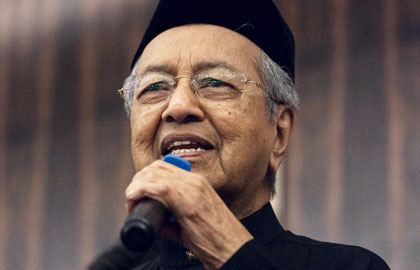How a simple grassroots campaign caught fire, ousted Malaysia's entrenched ruling party and unified the nation
Since Malaysia gained independence from Britain in 1957, its politics have been dominated by Barisan National, a coalition that includes three large political parties representing the Malays, Chinese and Indians. Najib Razak, the leader of the party and Prime Minister, had survived international criticism about his alleged role in the corruption scandal around the state-owned investment fund 1MDB. His re-election seemed assured.

